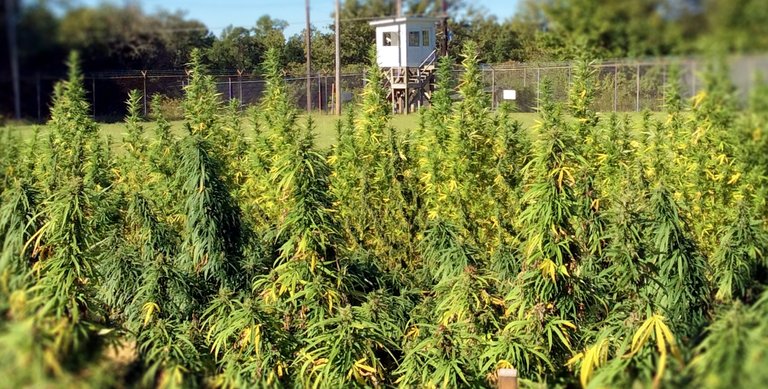
Until now, the University of Mississippi School of Pharmacy’s National Center for Natural Products Research (NCNPR) has exclusively worked with NIDA to supply research products. (Source)
On August 26, 2019, the United States Drug Enforcement Administration (“DEA”) issued a press release stating that DEA will be undertaking steps to increase access to DEA registrations required under federal law to cultivate and/or manufacture marijuana for research purposes. In making this announcement, DEA noted a recent increase in the total number of individuals registered with DEA to conduct marijuana-related research and corresponding increased demands for supply of marijuana for research purposes. DEA also issued a notice stating that it has received and is in the process of reviewing applications on behalf of thirty-three (33) applicants for registrations to cultivate and/or manufacture marijuana for research purposes. Some of these applications date back to 2016, despite a federal statute that requires DEA to respond to such applications within ninety (90) days.
Of note, the term “marijuana” is used because marijuana remains illegal under the federal Controlled Substances Act (“CSA”) whereas cannabis generally is no longer entirely within the purview of the CSA. DEA’s press release specifically noted that cultivation of, and research related to, hemp, defined as cannabis plant material containing no more than three-tenths of one percent (0.3%) delta-9 tetrahydrocannabinol (“THC”), does not require DEA registration because hemp was removed from the CSA by the enactment of the Agricultural Improvement Act of 2018. Accordingly, applicants with pending applications for DEA registrations that correspond only to hemp will be given the opportunity to withdraw their applications and have all application fees refunded.
To facilitate increased access to DEA registrations, DEA will propose new regulations governing the marijuana cultivation program for scientific and medical research. The proposed regulations will be open to public comment.
DEA’s most recent press release is an encouraging move, coming on the heels of DEA’s 2016 policy statement in which DEA expressed a desire to move beyond the agency’s historical practice of only registering one cultivator, the University of Mississippi, to cultivate marijuana for research purposes under a contract with the National Institute on Drug Abuse (“NIDA”). NIDA also recently issued a notice on expanding the scope of agency’s cannabis research, encouraging the submission of applications for marijuana-related studies on thirteen new research objectives.
Both of these recent statements from DEA and NIDA come against the backdrop of a lawsuit filed against the DEA by Scottsdale Research Institute (“SRI”) in which SRI accused DEA of failing to review or even acknowledge SRI’s application to cultivate marijuana for research purposes. Instructed to respond to the lawsuit by the U.S. Court of Appeals for the D.C. Circuit before August 28, 2019, the DEA’s announcement came within just two days of the court-ordered deadline. Whether DEA’s issuance of the press release and notice will render the lawsuit moot remains to be seen. DEA and NIDA have both been repeatedly criticized for failing to facilitate, if not actively obstructing, cannabis-related research.
If you conduct, or wish to conduct, marijuana-related research or are interested in cultivating and/or manufacturing marijuana for research purposes, we encourage you to contact The Rodman Law Group.
The information in this blog post (the "Blog" or "Post") is provided as news and/or commentary for general informational purposes only. The information herein does not, and shall never, constitute legal advice and therefore cannot be relied upon as a legal opinion. Nothing in this Blog constitutes attorney communication and is not privileged information. Nothing in the Post or on this website creates any kind of attorney-client relationship or privilege of any kind.
Originally published August 27, 2019, at https://therodmanlawgroup.com